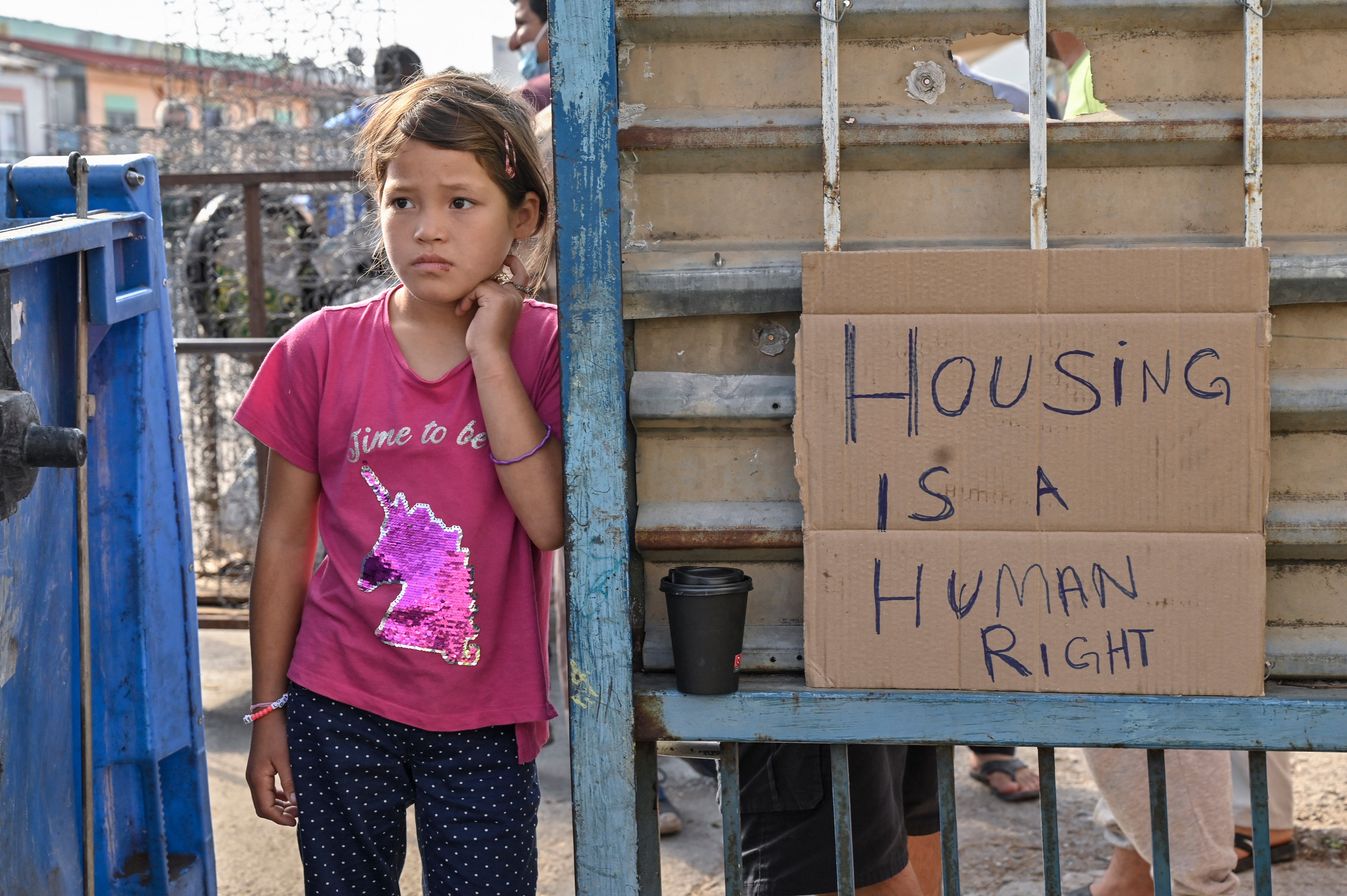Why wouldn’t you want to be a social justice warrior?
Social justice is about fairness and equity – surely that’s something we can all get on board with


As I started to write something for World Day of Social Justice, I found myself struggling. Not because I don’t believe in the importance of social justice, but because the term is connected to the now-pejorative “social justice warrior” – a term that invites fear, scepticism and ridicule.
“Social justice warrior” once referred to people involved in social justice activism, before being used as an insult on Twitter, and then getting adopted by right-wingers and online trolls as a way to belittle anyone with progressive views.
The negative connotations of the term went mainstream due to the 2014 Gamergate controversy, where male gamers harassed, doxxed and threatened women while professing to care about “ethics in games journalism”. The sorry saga has been described as a culture war over the diversification of video games. Thanks to those who took part in the Gamergate online harassment campaign, the term “social justice warrior” is now shorthand for someone who is blinkered, annoying and self-aggrandising.
But as it’s World Day of Social Justice, let’s go back to basics. Justice means fairness or equity. Social justice is fairness as it manifests in society and is about human rights – like your right to life, right to a fair trial and right to liberty and security. It’s about access to essentials like shelter, food and education, and it’s about being able to participate in society and have your voice heard. It’s also about tackling the inequality entrenched in our socioeconomic and political structures, keeping people all over the world poor and marginalised.
This is what the UN says: “Social justice may be broadly understood as the fair and compassionate distribution of the fruits of economic growth.” For me, compassion is the keyword here. A society built around compassionate principles, free from exploitation, wealth hoarding and prejudice sounds like something we should strive for.
Responding to the concept of social justice – or the people who work towards it – with contempt seems counterintuitive. Why wouldn’t you want to help in achieving a fairer world for everyone? And why wouldn’t those dedicated to eradicating poverty and inequality be worthy of our respect?
Social justice is good for all of us. From benefits to the individual (our inalienable human rights), benefits to nation-states (think of our NHS which is, at its heart, a great big social justice project) to wider global benefits (vaccine equity that would give us a fighting chance at beating Covid), social justice is vital for ensuring that everyone can live with dignity.
The biggest challenges facing humanity – the climate crisis and Covid-19 – clearly demonstrate the need for global strategies built around social justice principles.
To keep up to speed with all the latest opinions and comment, sign up to our free weekly Voices Dispatches newsletter by clicking here
Unfortunately, the promotion of human dignity and decency is not always viewed kindly or accurately. Think of how the adjective “woke”, which basically means you’re aware of unjust issues, is now used, or the fear and misinformation surrounding important movements like Black Lives Matter.
Social justice is still a revolutionary idea because we don’t yet live in a world free from poverty or inequality. It’s not surprising that those with vested interests in maintaining the status quo aren’t in favour of it. They’re benefiting from income inequality, exploitative labour practices and unearned privilege. Why would they want change?
So be honest with yourself: what is it about social justice that gets under your skin? Are you comfortable with the suffering that is directly caused by poverty and prejudice? Do the efforts of people promoting equity and justice make you feel inadequate? Or is it scary to think that some form of privilege you’re benefiting from might one day come to an end?
A fairer world would improve all of our lives, with the exception of a few men so obscenely, unimaginably rich that they spaff money on rides in space. Speaking of Jeff Bezos, the vast majority of us are more likely to experience homelessness than we are to become space billionaires.
Social justice is vital for the health of the global community, down to the flourishing of each individual. On reflection, being a “social justice warrior” sounds pretty good, actually.
Join our commenting forum
Join thought-provoking conversations, follow other Independent readers and see their replies
Comments
Bookmark popover
Removed from bookmarks